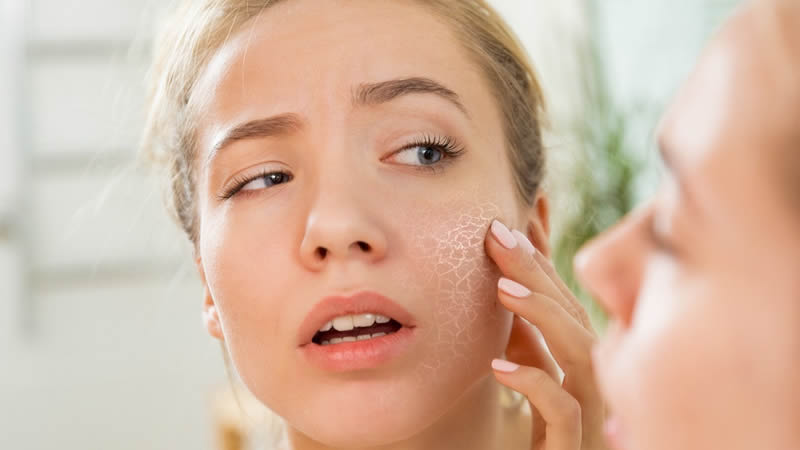
How Dieting Can Affect Your Skin
Share0A healthy, glowing complexion says a lot about your skin and your diet. The condition of our skin reflects what we eat and highlights the importance of looking after yourself from the inside out. Food is fuel and our bodies function best when we provide it with healthy, balanced and nutritious food.
Whilst many of us are conscious about our food intake when it comes to our waistlines, a healthy skin diet is also hugely important when it comes to getting gorgeous, healthy, glowing skin.
For those making the decision to change their diet, whether it is to lose weight or to make healthier food choices, it’s important to be aware of the effect it may have on your skin.
HOW CERTAIN FOODS CAN AFFECT YOUR SKIN
A diet which consists of highly processed food, ready meals and refined carbohydrates can over time cause a mild inflammation in the body and aggravate skin problems such as acne (1).
Whilst most of us know that an unhealthy diet is detrimental to our skin, did you know that diet plays a part in fighting the effects of sun (UV rays) damage on our skin? Exposure to UV rays promotes the formation of free radicals which can cause damage to components of our skin that gives it its structure and firmness such as elastin and collagen. Over a period of time, this can result in more prominent fine lines and wrinkles!
So, how does this link to your diet? Eating antioxidants-rich foods, such as colourful fruit and vegetables, helps to fight free radicals and some studies have shown that they can help improve skin texture (2).
KEY FOOD GROUPS TO BE AWARE OF WHICH IMPROVE YOUR SKIN – AND WHICH TO AVOID
Fish is a brilliant source of protein (essential for collagen and elastin production keeping your skin supple) and contains omega-3 fatty acids known for promoting skin health and reducing inflammation.
Richly coloured orange or red fruit and vegetables get much of their colour from compounds called carotenoids, some of which can be converted into Vitamin A, which is essential for skin cell reproduction. They are also a great source of Vitamin C, which is essential for manufacturing collagen and both carotenoids and Vitamin C are antioxidants, helping to fight free radicals which may cause damage to our skin and cause premature signs of ageing (3,4).
Avoid refined carbs and sugars –these include sweets, white bread, pastries, white rice, sugary drinks and many breakfast cereals. Replace these foods with ‘good carbs’ such as healthy vegetables, whole grains and the wrinkle-fighting anti-oxidants found in fruits which have a lower glycemic index – in turn, reduce the overall carbohydrate load in your diet (3).
Whilst on a diet, it is essential that your body gets enough water. Staying hydrated is very important in order for nutrients to reach your skin cells. Avoid sugary drinks and enjoy water or green tea which is known to be a brilliant source of anti-oxidants.
The healthier the diet choices you make, the more it shows in your skin.
